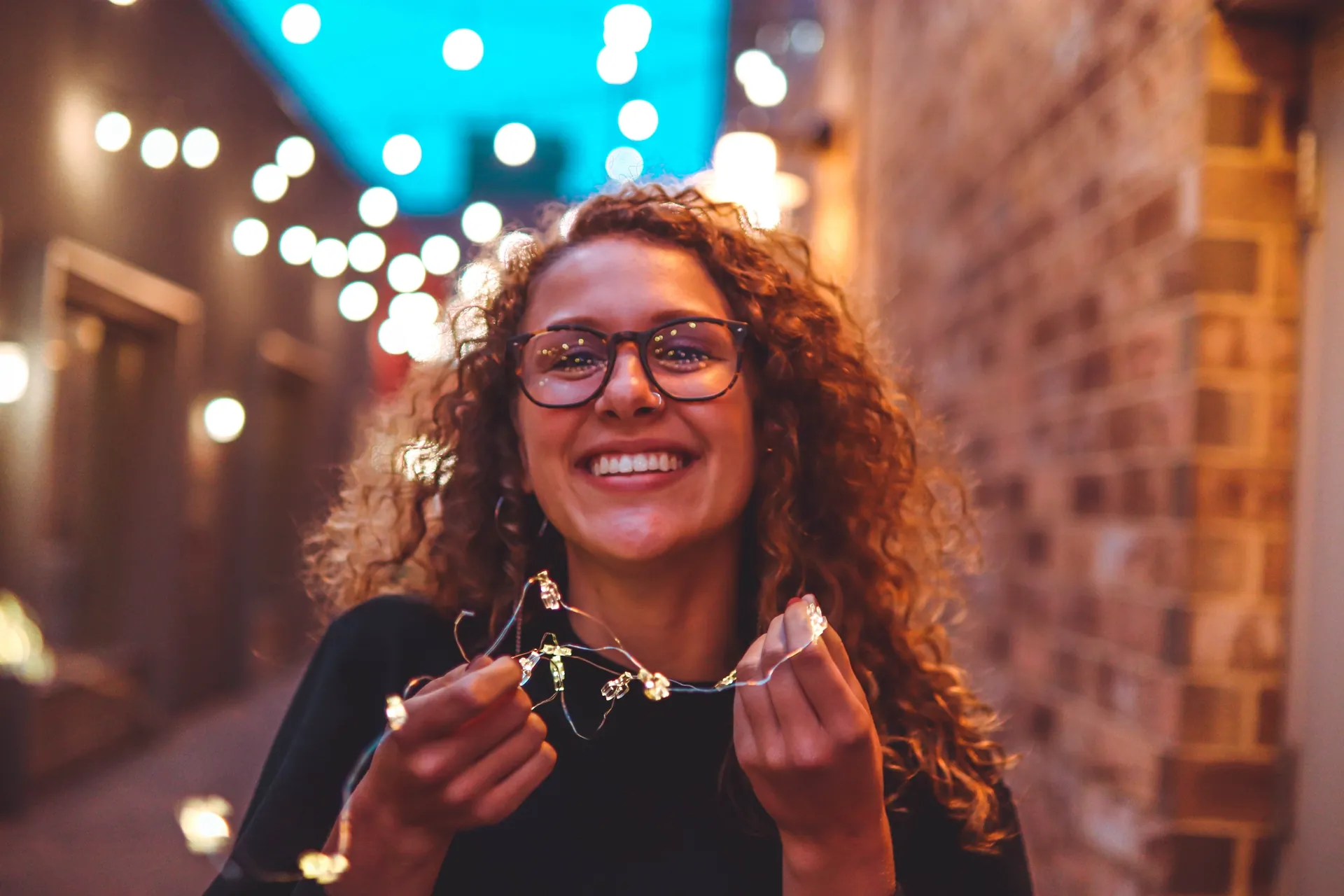Embracing Diversity of Night Owls: A Response to Harvard’s Study on Sleep Habits and Disease Risk
October 2, 2023

By Ali Abramovitz Cook, Chorus Sleep CEO
A recent study from Harvard highlights how sleep habits, particularly those of “night owls”, might be affecting our risk of diseases such as diabetes.
The study specifically explores how genetics, circadian rhythms, and societal expectations factor into our health outcomes.
Looking at the Night Owl Phenomenon
One salient point that grabbed my attention is the suggestion that a significant portion of these findings may be attributed to the fact that night owls often get less sleep and have more inconsistent sleep schedules compared to their morning counterparts.
I'd venture to guess that this discrepancy stems from how our modern society operates—largely on a morning person’s timetable.
Think about it: our traditional 9-to-5 work schedules, early morning meetings, and school start times all favor those who naturally rise with the sun.
But what about those genetically predisposed to function best during the twilight hours? For these individuals, aligning with society's early bird expectations means battling against their natural circadian rhythms, leading to inconsistent sleep patterns and, as the study suggests, potential health implications.
Towards a More Inclusive Approach to Timing
While it’s easy to dismiss this as just another health study, the implications are profound, especially when considering that our tendencies towards "morningness" or "eveningness" are largely genetically-based.
So, what do we do with this information?
Of course, I’m not naive. I understand that overhauling societal norms is extremely difficult. But it does suggest that we could make more of an effort to accommodate the needs of our night owl friends, colleagues, and family members.
Simple steps like scheduling meetings later in the day or being more flexible with work hours can go a long way in supporting the health and wellbeing of those who thrive when the stars are out.
Punchline
This recent study from Harvard underscores the importance of understanding and respecting individual differences in sleep patterns. We are all wired differently, and recognizing this diversity can pave the way for a more inclusive, compassionate, and healthy society. Let’s strive for a world where night owls and early birds coexist harmoniously, both getting the rest they need and deserve.